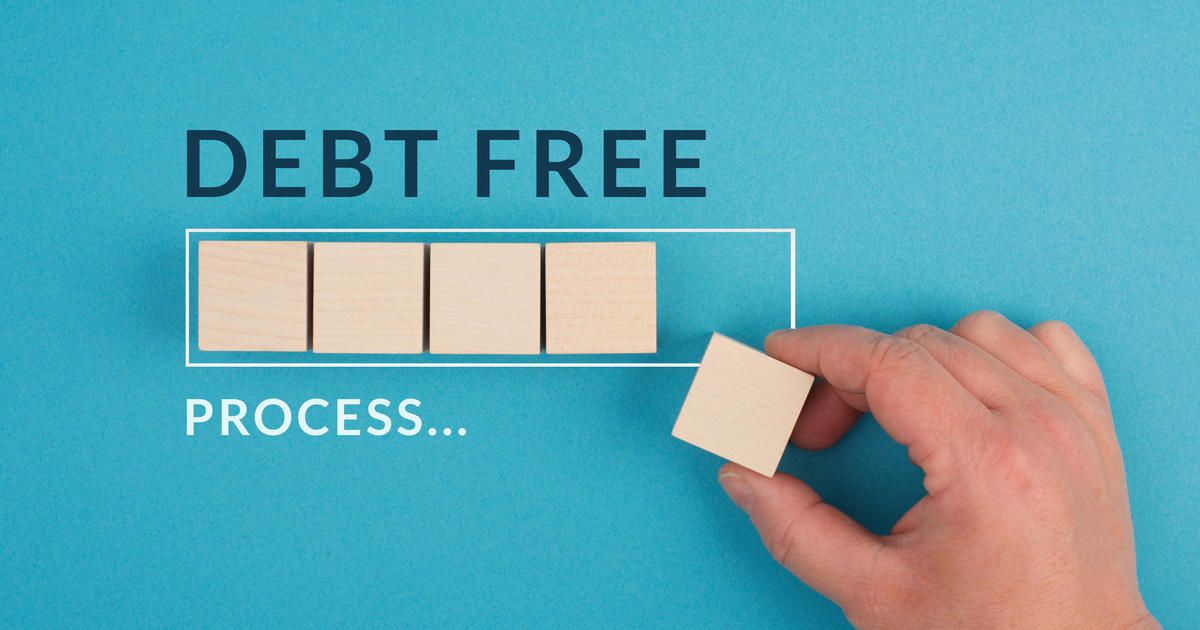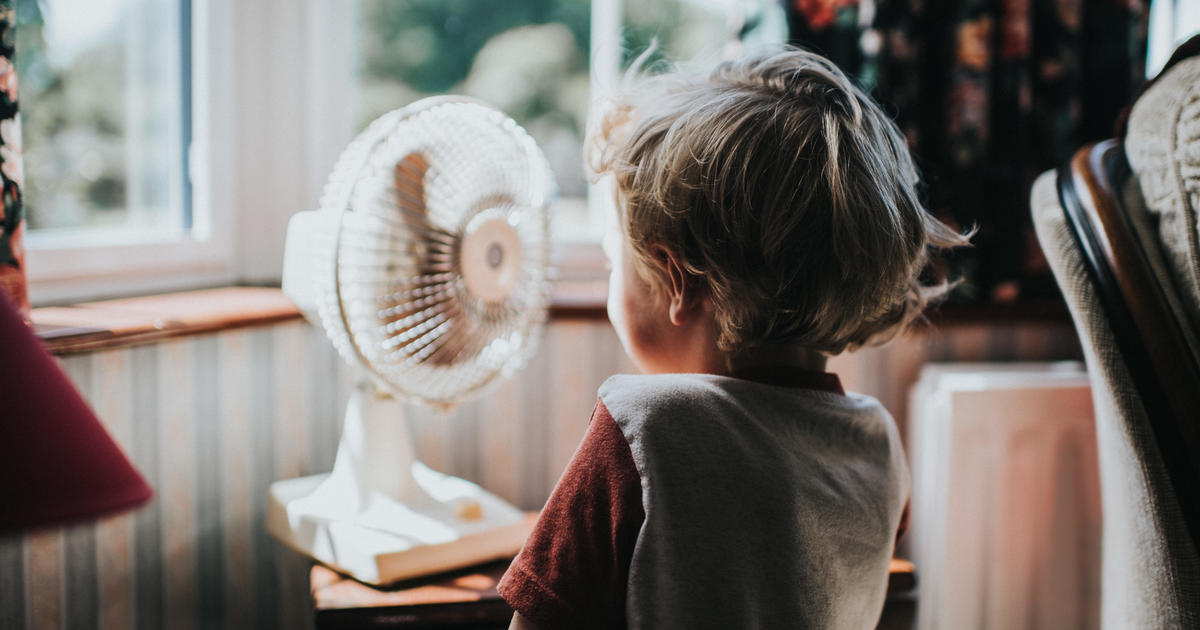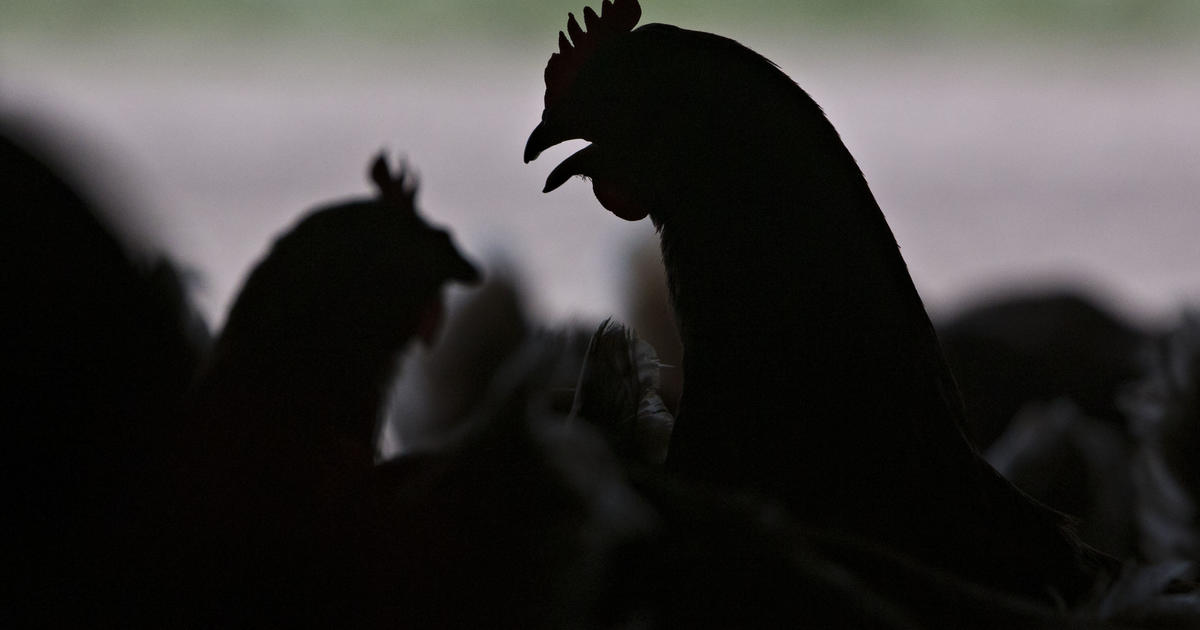White Americans got their stimulus checks more promptly than Blacks and Hispanics
More than 150 million Americans have received federal "stimulus checks" this year to help them weather the epic economic collapse caused by the coronavirus pandemic. Yet some of the neediest groups have found themselves at the back of the line when it comes to getting the government payments, a new analysis finds.
More White households received their checks by late May than Black households, while a greater share of middle-class consumers got their checks faster than poor Americans, according to a study by the Urban Institute. Among the "significant disparities" experienced in the stimulus rollout is that three-quarters of White adults received their checks by late May, compared with 69% of Black adults and 63% of Hispanic adults, the centrist think tank concluded.
The issues may reflect structural economic and racial inequities, with median Black families in the U.S. earning about 59 cents for every dollar earned by the median White household. At the same time, people of color are more likely to be "unbanked" than White consumers. That could help explain the delays in some people getting a stimulus check because the first wave of payments went to taxpayers who had their bank account information on file with the IRS.
Consumers who don't file federal income taxes, including some low-income households and some people on Social Security, also had longer waits for their stimulus checks.
"Adults were less likely to receive the payments if they had family incomes below 100% of [the Federal Poverty Line] or if they were Black or Hispanic, and particularly if they were Hispanic and in families with noncitizens," the Urban Institute's Janet Holtzblatt and Michael Karpman wrote.
Only 59% of households at or below the poverty level got their checks by late May, compared with 85% of households with earnings of between two-and-half to four times the poverty line, the analysis found. The Urban Institute based its finding on a survey of more than 4,000 adults between May 14 through 27.
While the stimulus check program appeared simple on its face — to deliver direct payments of $1,200 to individuals who earn less than $75,000 annually and $2,400 to married couples with combined incomes below $150,000 — the execution proved anything but. Consumers struggled to get information from the IRS' "Get My Payment" site, while Social Security recipients reported delays. American citizens who are married to immigrants without Social Security numbers were also blocked from receiving the payments.
The findings also raise questions about whether there are more effective methods for distributing economic support to Americans who are outside of the tax system, the Urban Institute noted. For instance, programs that already support low-income households, like Medicaid or food stamps, could be used to help channel support to people who might fall through the cracks at the IRS.
To be sure, most families received their payments within two months of Congress passing the $2.2 trillion Coronavirus Aid, Relief and Economic Security Act, the March law that authorized the stimulus checks. But the difficulty reaching people who don't file taxes, as well as unbanked Americans and people who lack internet access, highlight the issues that stymied the rollout, the report authors said.
The barriers are "related to challenges that do not have simple solutions and, to a large extent, reflect systemic problems as well as the uniqueness of a pandemic," according to Urban.



